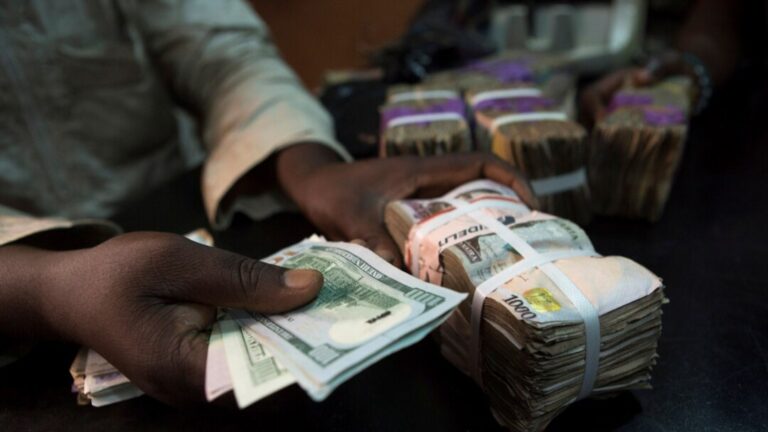The cost of living in Nigeria is climbing daily. Food, transport, rent, school fees, fuel — everything has doubled. Salaries, however, have either stayed the same or lost their real value due to inflation and the weakening naira.
No wonder more Nigerians are searching for ways to earn in U.S. dollars, a currency that holds value no matter the storms at home. Imagine this: ₦100,000 barely stretches for a week today, but $10,000 equals over ₦15 million. What if there was a way to legally earn that kind of money — without relocating or breaking any laws?
One fast-growing path is something most people have never considered: domain flipping.
What Exactly Is Domain Flipping?
Think of it like real estate, but online. You buy website names (called domains) — often at relatively low cost — and then resell them later to businesses who need them.
It’s not a new idea. In fact, Voice.com sold for $30 million (over ₦48 billion) simply because the name was so powerful and rare. Thousands of names trade hands daily, many at five or six figures.
And here’s the kicker:
-
You don’t have to build websites.
-
You don’t need to code.
-
You don’t even need to search endlessly for buyers — global marketplaces do that for you.
All you need to do is own the right name before the right buyer shows up.
Why Businesses Pay Big for Names
Every month, nearly a million businesses are registered in the U.S. alone. Each of them needs a strong online identity — and that starts with a domain name. The perfect name can mean the difference between a brand that clicks and one that gets ignored.
This is why companies often pay anywhere between $5,000 and $500,000 for premium domains. For them, it’s not a cost — it’s an investment into visibility, branding, and authority.
That demand creates an opening for smart individuals who secure these names early and resell at a premium.
From Nigeria to the Global Dollar Economy
Platforms like Galins.com now make it easy for Nigerians to participate. They help users acquire premium domain bundles — sometimes at prices as low as $1,700 (₦2.5m) — and then handle the heavy lifting of connecting with international buyers.
When a sale closes, payouts are made in dollars, straight into your account. No stress, no hustle.
Why This Business Model Makes Sense Now
-
The naira keeps losing value, but dollars don’t.
-
AI is disrupting jobs across industries. Having a dollar-based side hustle provides a safety net.
-
Unlike many online businesses, domain flipping doesn’t require daily work — once you own the names, the asset works for you.
-
The market is far from saturated: millions of businesses are still being created monthly.
This isn’t just for tech experts. Civil servants, entrepreneurs, bankers, doctors, retirees — anyone willing to take the first step can participate.
Stories From Early Adopters
-
Kola, Lagos: Bought a 3-name bundle in May. By July, he had sold two domains for $43,750.
-
Amarachi, Canada: A new immigrant who decided to take a chance. Within 3 months, one of her names sold for $33,500. She’s holding out for bigger offers on the rest.
-
Felix, Abuja: A banker who made nearly $19,000 on his first sale. Today, his wife and best friend have both joined the business after seeing results.
-
Bolade, Lagos: A software entrepreneur who flipped all three names in under three months, making over $40,000.
The Big Question: Can You Lose Money?
Unlike many “opportunities” that vanish overnight, premium domains are digital assets that appreciate with time. Think of it as buying online real estate in a city that keeps expanding. As long as businesses keep opening (and they will), demand for domains will remain.
Final Word
With Nigeria’s economy under pressure, earning in dollars isn’t just attractive — it’s survival. Domain flipping offers a legitimate, proven, and surprisingly simple entry point into the global economy.
The question isn’t whether the model works. It’s whether you’ll take the chance to own your share of the digital real estate boom.


